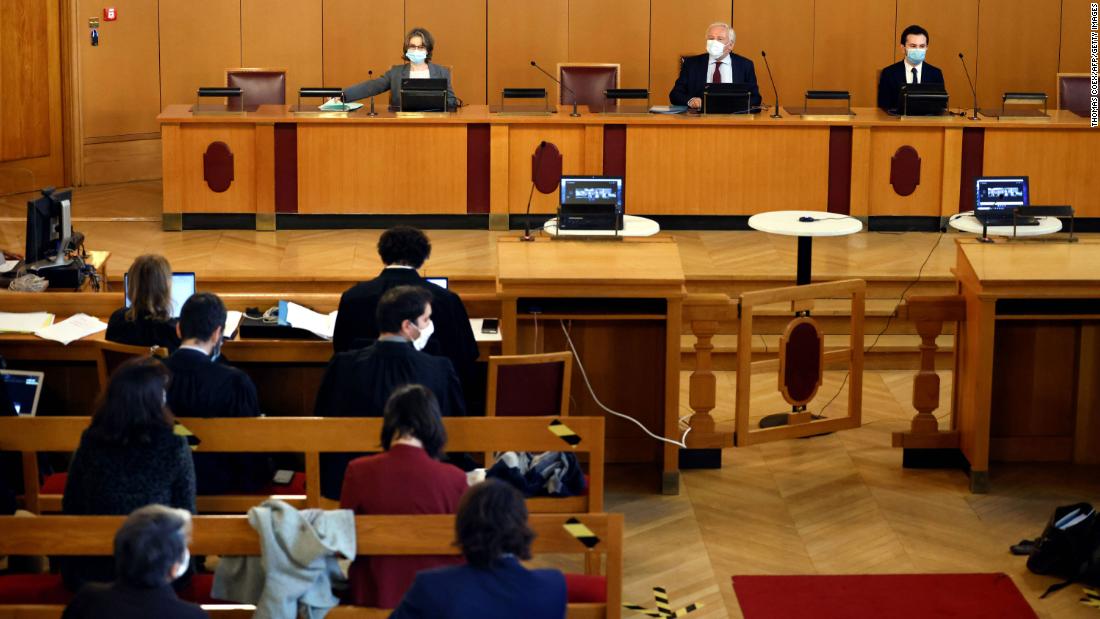The process was initiated by four NGOs, including Greenpeace France and Oxfam France, after an online petition that gathered 2.3 million signatures – the largest in French history, according to the organizers.
The Paris Agreement was signed in 2016 by almost every country in the world and aims to limit global warming to well below 2 degrees Celsius (3.6 degrees Fahrenheit) and to seek efforts to limit it to 1.5 degrees Celsius (2 , 7 degrees Fahrenheit).
France, which mediated the pact, pledged to reduce greenhouse gases by 40% by 2030 and set a goal to be carbon neutral by 2050.
But the NGOs accused the country’s authorities of insufficient political action to tackle climate change and said that greenhouse gas emissions under the current government “fell at a rate twice as slow as the trajectories envisaged by the law”.
The Paris administrative court on Wednesday ordered the state to pay one euro ($ 1.20) in moral damages to each of the associations behind the lawsuit, ruling that the government’s failures “undermined the collective interests defended by each one of the requesting associations, “the court said in its official statement on the case.
Although only symbolic damages were awarded, charities praised the result.
“This decision marks a first historic victory for the climate and a major advance in French law. This judgment also marks a victory for the truth: so far, the state has denied that its climate policies were insufficient, despite growing evidence,” they said in a statement. an announcement.
“This is the first recognition by the courts of the French State’s responsibility for its climate inaction,” said Clementine Baldon, a lawyer for one of the NGOs, at a news conference after the decision.
“The judges examined whether there was a causal link between this ecological damage and the various alleged violations against the state in the fight against climate change. They considered that the state should be held responsible for part of this damage if it failed to fulfill its commitments to reduce greenhouse gas emissions, “said the court’s statement.
In order to determine the measures to be ordered from the State to repair the damage caused or prevent its aggravation, the judges opened a new investigation, with a term of two months.
In response to the decision sent by email to CNN, the French Ministry of Environment acknowledged “that the first objectives set in the past period have in fact not been achieved”, but said that a new “climate and resilience bill will be presented to the Council of Ministers in February. 10 and will constitute a decisive new step in accelerating France’s ecological transition. “
Currently, the world is expected to warm up to 2.7 degrees Celsius (4.86 degrees Fahrenheit) by the end of the century, according to the Climate Action Tracker (CAT) – a non-profit analysis group that tracks government climate action. This will bring about more extreme storms, heat waves, greater sea level rise and, in many parts of the world, worse droughts and extreme rains.
Pierre Bairin reported from Paris, Amy Woodyatt wrote from London. Helen Regan and Drew Kann contributed reporting.
